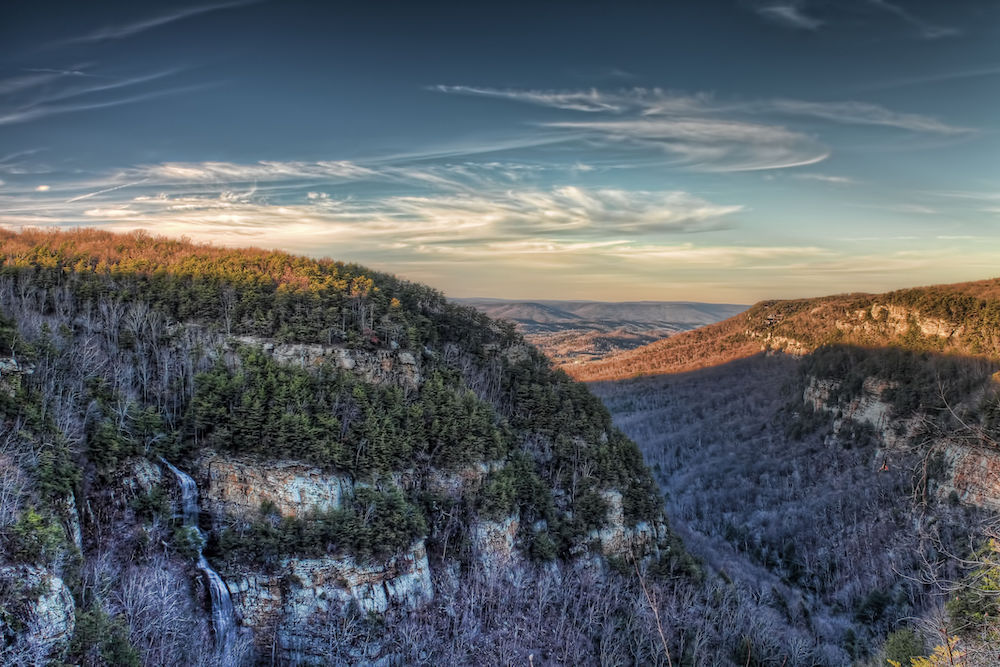2019 – December/January
Kentucky Agency and Conservationists Fight Proposed Gas Pipeline
The Kentucky Energy and Environment Cabinet and the Bernheim Arboretum and Research Forest are fighting a proposed Louisville Gas & Electric natural gas pipeline that would cut through the protected woodland.
Read MoreRate Hike Provision Backed by Duke Energy Fails to Pass NC Legislature
The North Carolina General Assembly removed a controversial provision from a ratemaking bill that would have allowed Duke Energy to enact multi-year rate hikes.
Read MoreBankruptcies Shake Coal Industry
Murray Energy filed for bankruptcy in October, the latest of eight coal bankruptcies in 2019. Legal disputes regarding the summer Blackjewel bankruptcy continue.
Read MoreEPA Proposes Weakening Rules for Coal Ash and Related Pollutants
The U.S. Environmental Protection Agency plans to roll back pollution limits for coal-fired power plants pending public comment.
Read MoreBills Support Miners’ Pensions, Black Lung Benefits
A Senate bill would help fund miners’ pensions, including those affected by recent bankruptcies. In the House, a bill would re-instate a historic tax on coal companies to fund healthcare for miners with black lung disease.
Read MoreFeds Propose Transporting Liquified Natural Gas on Rails
Federal regulators proposed a rule in October that would allow the transportation of liquefied natural gas by rail without any new safety regulations or testing.
Read MoreNew Federal Pipeline Safety Rules Attract Criticism
Federal regulators announced new pipeline safety rules in September, but pipeline opponents argue the updated rules are not strong enough.
Read MoreWest Virginia Fossil Fuel Severance Tax Impacts State Budget
Lower-than-expected income from fossil fuel severance taxes is putting the West Virginia state budget in a bind. Some advocate for raising the severance tax rate on natural gas.
Read MoreWest Rim Loop Trail
A hike through Cloudland Canyon State Park reveals spectacular views of the southern Blue Ridge Mountains.
Read MoreAchieving Clean Energy Goals: A Note From Our Executive Director
Appalachian Voices’ Executive Director Tom Cormons speaks on overcoming barriers to clean energy in our region.
Read More

